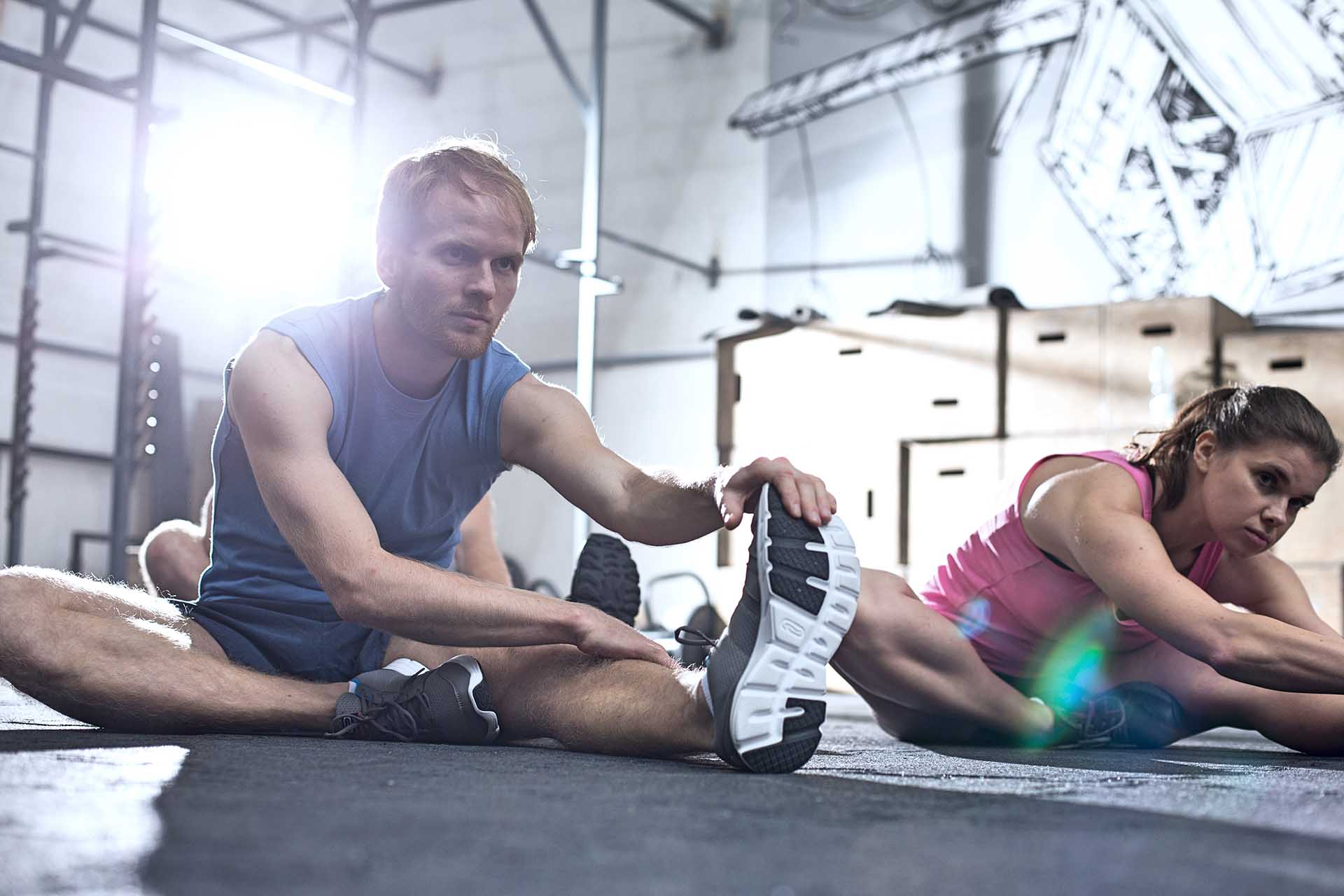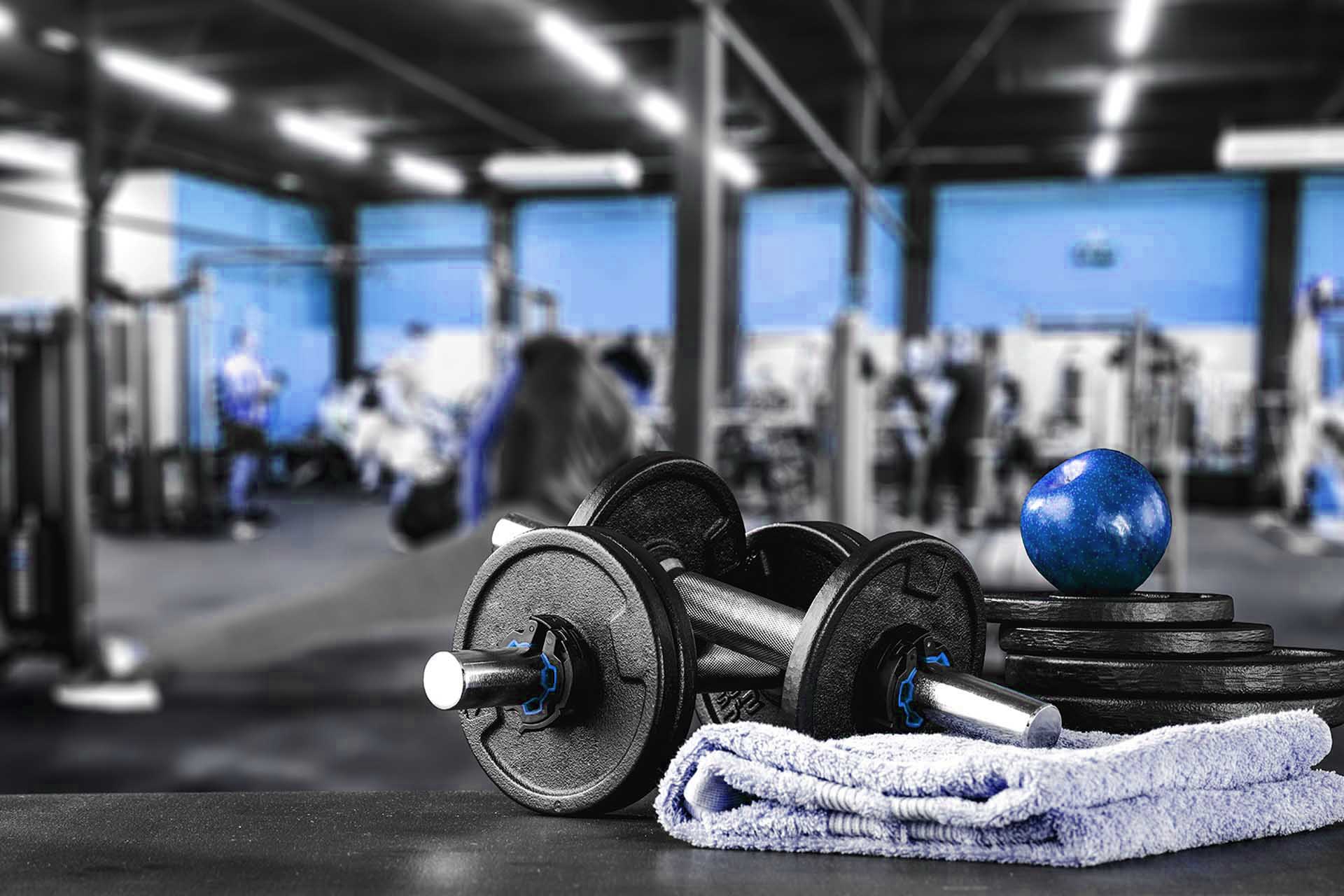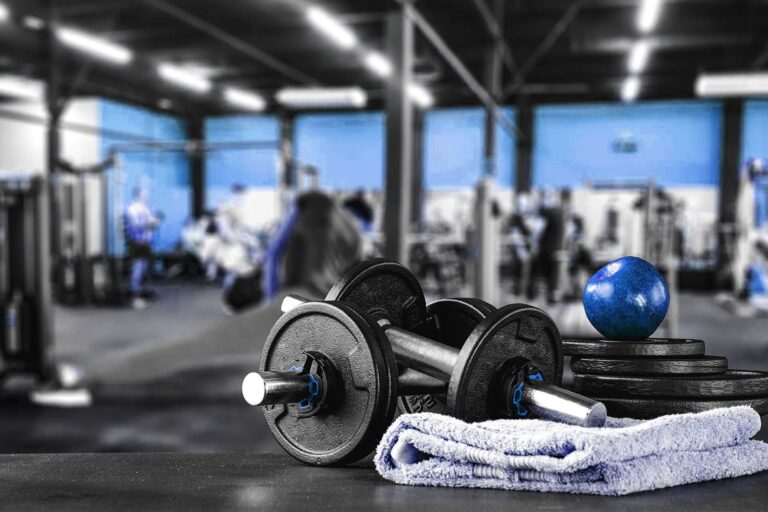Exercise, especially weight training, puts a significant strain on muscles, joints and the nervous system. In order for the body to develop and get stronger, proper regeneration is key. Without adequate rest and recovery strategies, the body cannot perform optimally, the risk of injury increases and performance is reduced. If recovery is not taken seriously, the results achieved during training will not be sustainable, as over-exertion and chronic fatigue can seriously reduce training intensity and progress.
Why is regeneration important?
During recovery, the body repairs micro-injuries caused during training, replenishes energy sources and adapts to the workload. If this process does not take place properly, overall performance is impaired, muscles become exhausted and the risk of overwork is increased. Adequate rest is also essential for muscle growth (hypertrophy), as muscles develop during the recovery phase after exercise. In addition, during regeneration, the nervous system is restored to its optimal state, so that strength and concentration levels are maintained. Several methods can be used to achieve optimal regeneration:
1. Adequate sleep
Sleep plays a key role in muscle growth, proper functioning of the hormonal system and nervous system recovery. On average, an adult human needs 7-9 hours of quality sleep. Sleep quality is affected by room temperature, bedtime routine and the use of electronic devices. You may also want to take various nutritional supplements (melatonin, magnesium, etc.) if you need to improve your sleep quality.
2. Proper nutrition and hydration
Adequate protein intake is essential for muscle regeneration, which helps to rebuild tissues. Carbohydrates also provide energy storage, so it is important to maintain a balanced diet. Proper hydration is also essential for optimal muscle function. B vitamins and antioxidants also help reduce oxidative stress and reduce inflammation.
3. Active regeneration
Mild exercise, such as walking, yoga or low-intensity cardio, can promote blood circulation, which provides faster delivery of nutrients and oxygen to the muscles. Active recovery helps to relieve muscle stiffness and reduce muscle fatigue and possible muscle cramps.
4. Massage and rolling
Massage and foam rolling techniques reduce muscle pain, help relieve tension and speed recovery. Keeping the fascia in good condition is also important for mobility and joint health.
5. Sauna and cold therapy
Sauna baths can improve circulation and help flush out toxins, while cold therapy (e.g. ice baths, cold showers) can reduce inflammation and speed up muscle recovery. Alternating showers and contrast baths can also be effective ways to promote recovery.
6. Regeneration supplements
Vitamins (e.g. vitamin D, magnesium), amino acids (BCAA, glutamine) and certain supplements (e.g. collagen) can support recovery. In addition, omega-3 fatty acids may also be beneficial due to their anti-inflammatory effects.
7. Stress management and mental recovery
Mental recovery is as important as physical recovery. Stress can also have a negative impact on sleep quality, the hormone system and muscle building. Meditation, breathing techniques and stretching can help to reduce stress and create a complete mind-body balance.
Summary
Without proper recovery, there can be no progress in sport, especially in weight training, where muscles are regularly subjected to high loads. Rest, nutrition, active recovery techniques and the right nutritional supplements can help to ensure optimal progress and long-term results. Time spent on recovery is not time wasted, it is a key component of the success and sustainability of training. Incorporating the right attitude to training and rest into your training programme can ensure successful performance gains and a healthy lifestyle in the long term.
If you have any questions about this topic, please feel free to contact our expert trainers at Soul Gym in Pécs, or send an e-mail to contact@soulgym.hu.





